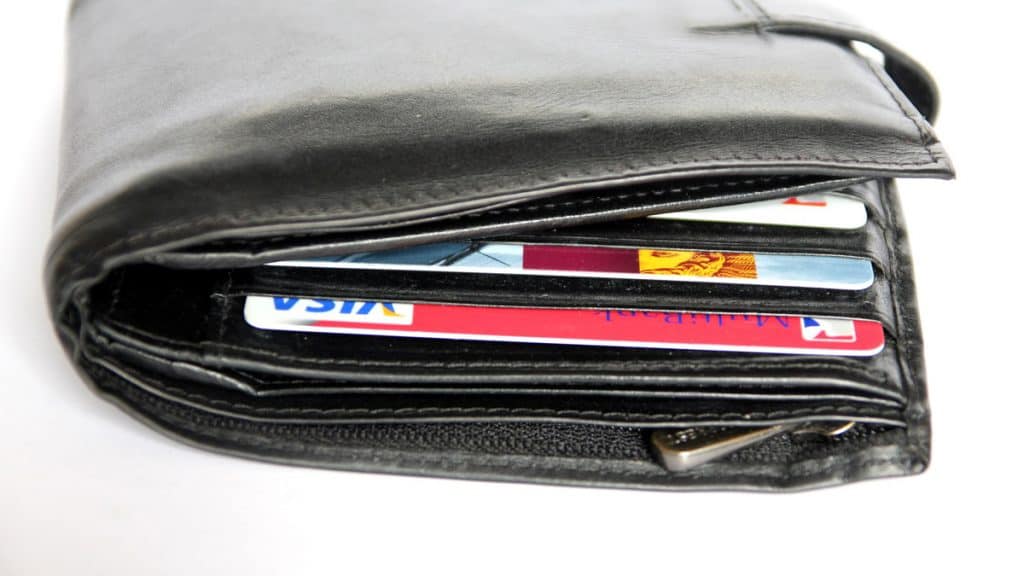How to Use a Credit Card to Build Your Credit
If you want to take out a small business loan, credit is important. Find out how to build your credit easily with credit cards.

Whether you’re expanding your product offering, hiring employees, or moving your operation from your home to an office space, growing your company takes capital. Credit is one of the most important factors banks consider when making the decision whether to approve or deny your loan application. Your level of credit-worthiness is one way lenders determine your ability to pay back the money. If you have no credit or bad credit, many lenders will deem you too high-risk. There are other options available to you if your credit is lacking, but they often come with smaller loan amounts and higher fees than a bank loan. Using a credit card is an easy way to build your credit and demonstrate financial responsibility, as long as you use it wisely.
Shop Around for the Right Card
When you have a limited credit history or a low credit score, you may not be able to qualify for many of the credit cards on the market. Here are some things to consider as you shop around for the right card for you:
- Too many credit card applications hurt your credit score. It’s important to shop around for the best deal, but don’t apply for every one that looks good. Weigh your chances of being approved against the ding to your credit report. Be selective when applying.
- Have a separate credit card for your business, if possible. Keeping your business and personal finances separate is recommended for many reasons, but when it comes to building business credit, it’s crucial.
- If you can’t get a business credit card, consider a secured credit card. Though business credit cards come with many perks for owners, they can often be out of reach for those with limited or bad credit. A secured card-one where you deposit money up front that serves as collateral-is an avenue for establishing or reestablishing credit. Some secured cards offer the option to convert to a standard card after remaining in good standing for a set period of time.
- Read the fine print. Make sure you understand the fees associated with your credit card, factors that can affect your APR, and your financial responsibilities before you sign on the dotted line.
How to Use Credit Cards Wisely
Whether you’re building or repairing credit, the same crucial rule applies when using your credit card: pay your balance in full each month.
Here are some more ideas to ensure you’re helping, not hurting, your credit:
- Pay fixed business expenses with recurring charges. Are there any regular costs you’ve already budgeted for that can be paid by credit card, like your business phone or insurance? Set those up as recurring credit card charges. This rule applies if you know you already have the money to pay those bills-you’ll just be paying back the credit card company, rather than the vendors.
- Set a monthly spending limit for credit card purchases. Set a small spending limit for yourself for non-fixed business costs, and stick to it. Make sure it’s an amount that you can realistically pay off each month.
- Always pay your bill on time. Late fees can add up quickly. If you find that the due date of your credit card is too close to other recurring monthly payments, call the company and request a different day to pay your bill each month.
- If you have to carry a balance, pay it off quickly. Paying your balance in full every month is the best way to establish good credit, but on a rare occasion, an unexpected financial burden could arise. If you find yourself unable to cover the full amount one month, make at least the minimum payment and pay off the remaining balance as soon as possible.
After several months of using your new credit cards responsibly, check your credit report to see if you’ve made any impact. You can check your reports from the three credit bureaus, TransUnion, Experian and Equifax, for free once per year at AnnualCreditReport.com.
Building your credit is just one way to make your business attractive to lenders, but it’s an important one. Making your credit cards work for your business means you’ll have more options available to you when it’s time to invest more capital into your growing company.